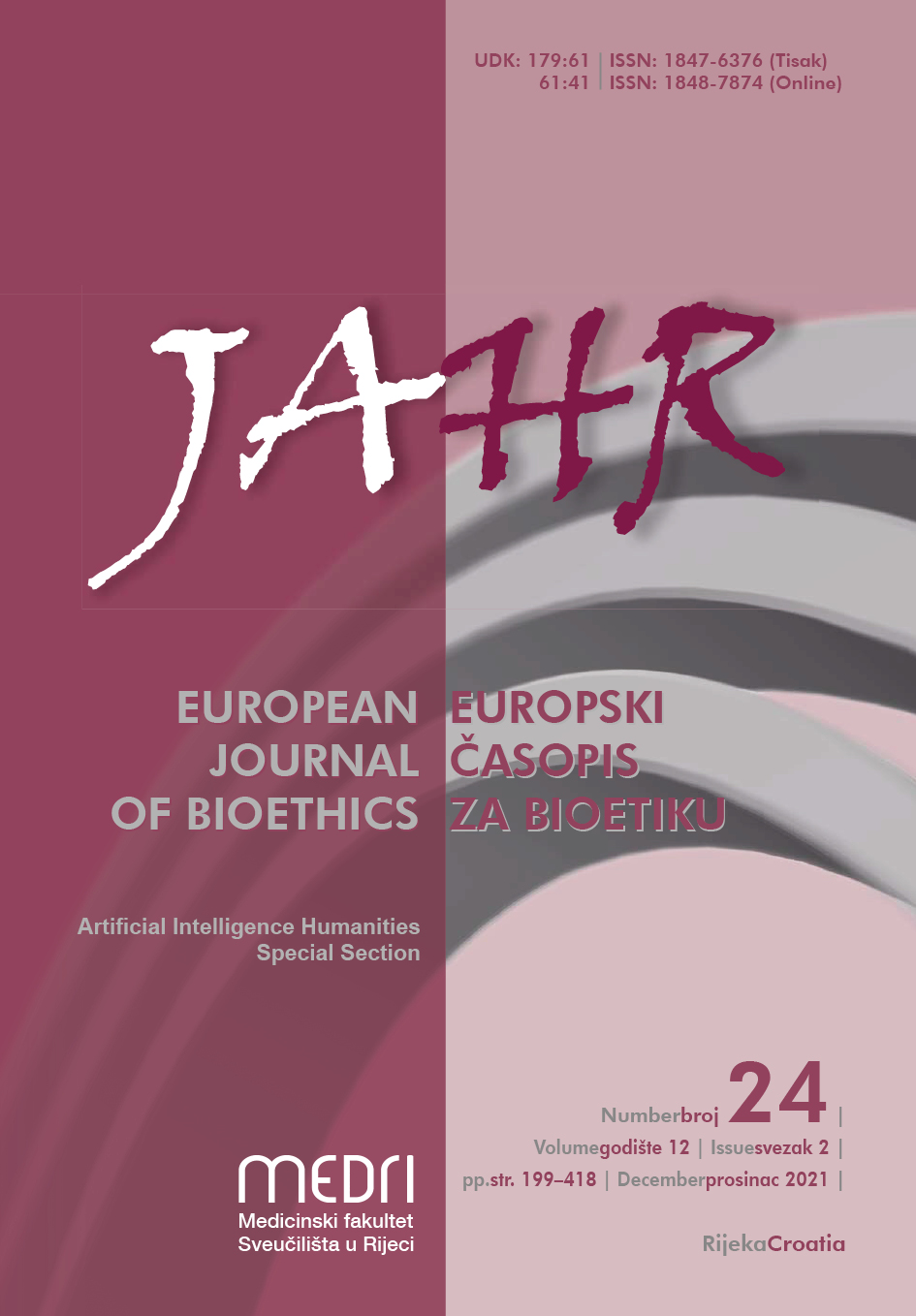Bioethical aspects of the impact of conspiracy theories on the fight against the COVID-19 pandemic in Croatia
Keywords:
bioethics, conspiracy theories, COVID-19 pandemic, vaccination.Abstract
https://doi.org/10.21860/j.12.2.5
With the outbreak of the COVID-19 pandemic in the spring of 2020, humanity faced a completely new challenge, how to react and behave in the time of the pandemic. At the beginning of the pandemic, numerous conspiracy theories emerged whose primary purpose was to bring unrest and fear to the public. Globally, the race has begun to develop a successful virus vaccine that will end the pandemic. Thanks to the tremendous efforts of a large number of scientists and tens of billions of dollars of public money invested in vaccine research and development, a vaccination campaign across the planet began in late 2020 and early 2021. Even before the vaccination campaign began, conspiracy theories began to circulate widely, questioning the vaccine’s effectiveness. These conspiracy theories have had a significant effect on the willingness to vaccinate a section of the public. Conspiracy theories regarding their harmfulness to human health, and the fact that they directly prolong the duration of a pandemic and contribute to unnecessary death from coronavirus, are a first-rate and current bioethical issue. In this paper, we will analyse the stated claims of conspiracy theorists and their impact on Croatian citizens and the motives for which almost half of the Croatian citizens hesitate or do not want to be vaccinated at all.
Downloads
Published
Issue
Section
License
Authors who publish with this journal agree to the following terms:
- Authors retain copyright and grant the journal right of first publication with the work simultaneously licensed under a Creative Commons Attribution License that allows others to share the work with an acknowledgement of the work's authorship and initial publication in this journal.
- Authors are able to enter into separate, additional contractual arrangements for the non-exclusive distribution of the journal's published version of the work (e.g., post it to an institutional repository or publish it in a book), with an acknowledgement of its initial publication in this journal.
- Authors are permitted and encouraged to post their work online (e.g., in institutional repositories or on their website) prior to and during the submission process, as it can lead to productive exchanges, as well as earlier and greater citation of published work (See The Effect of Open Access).



